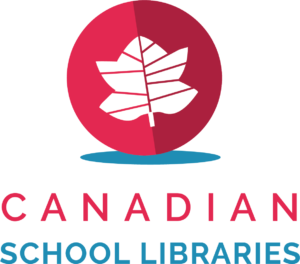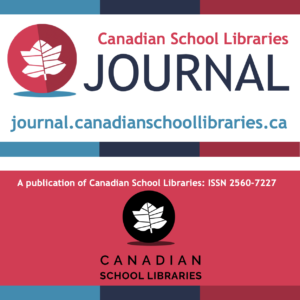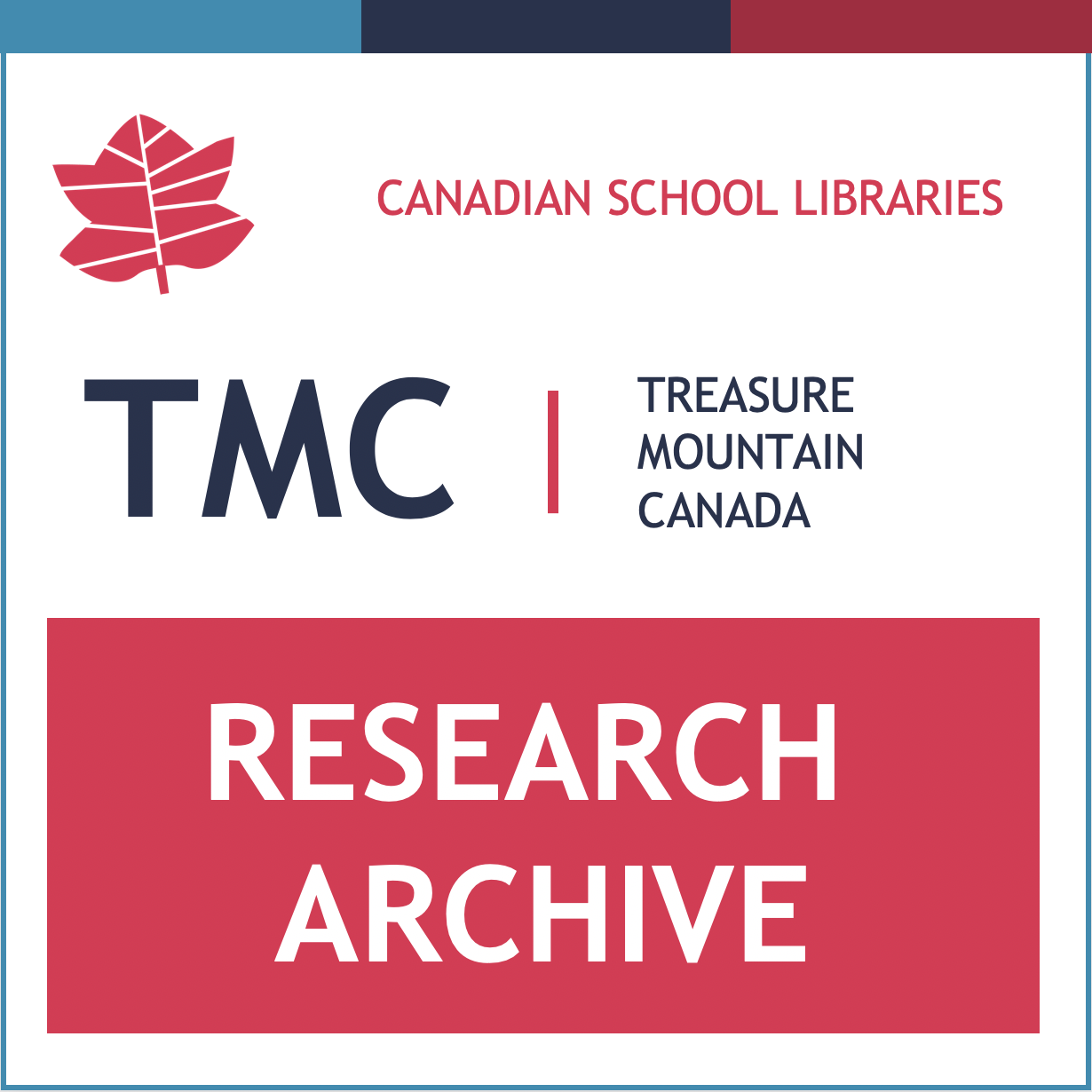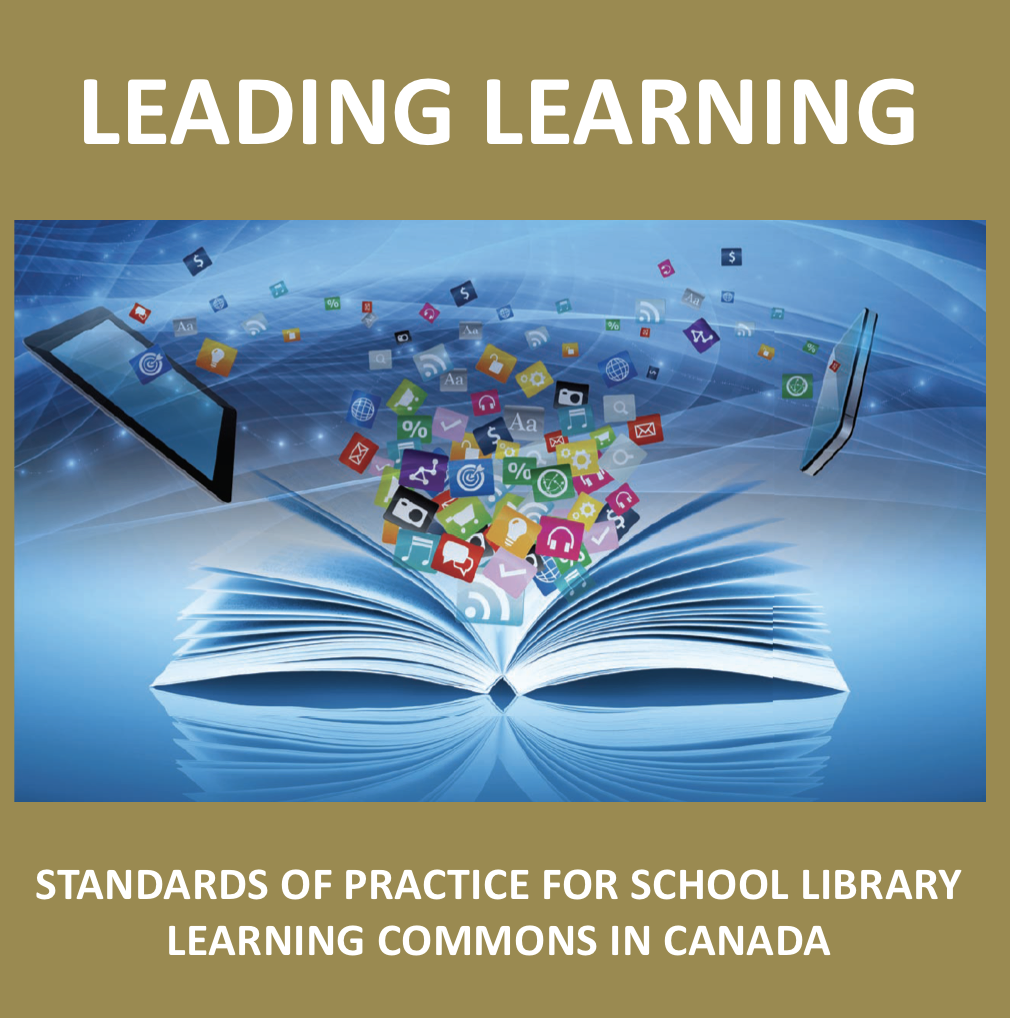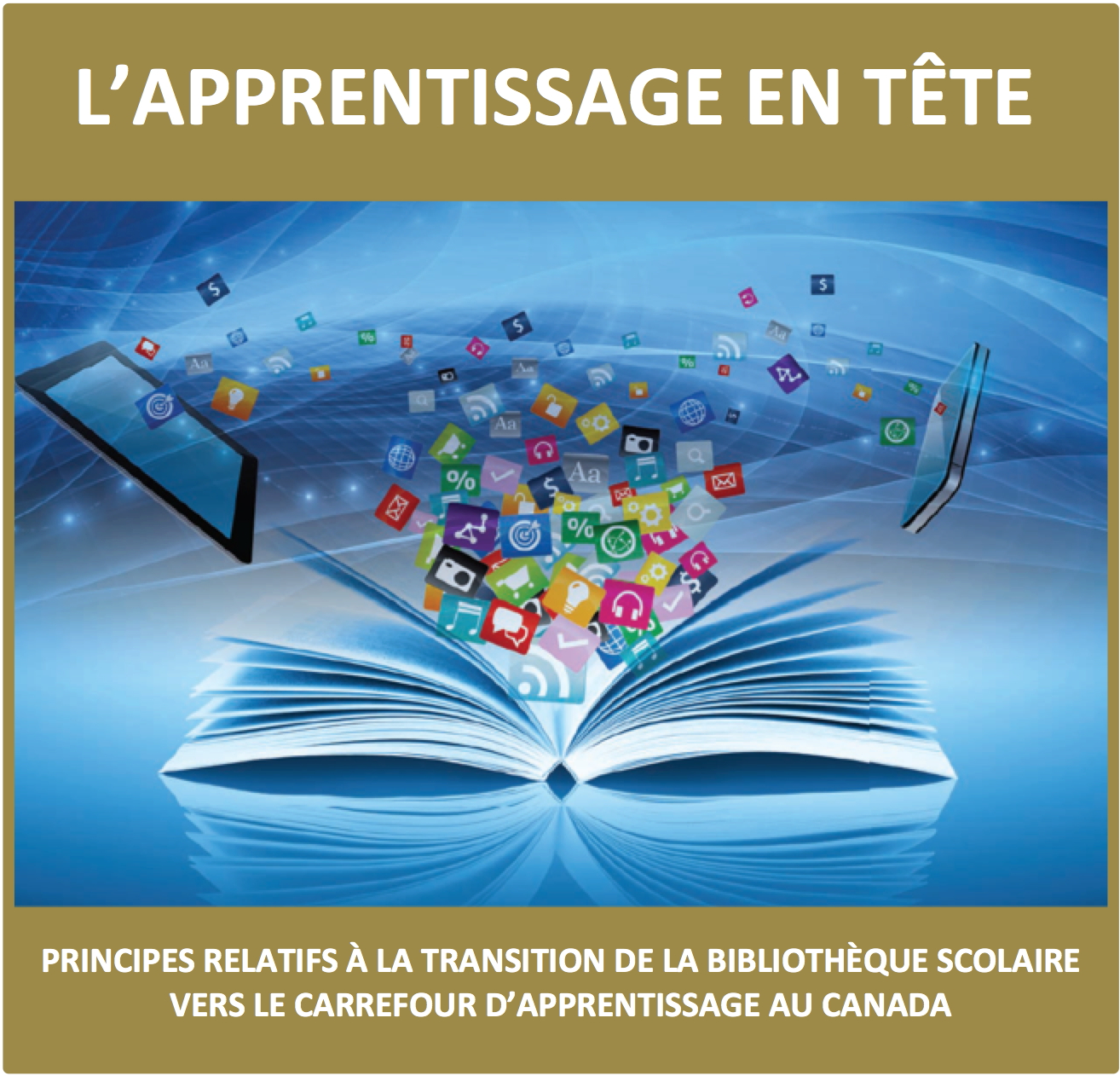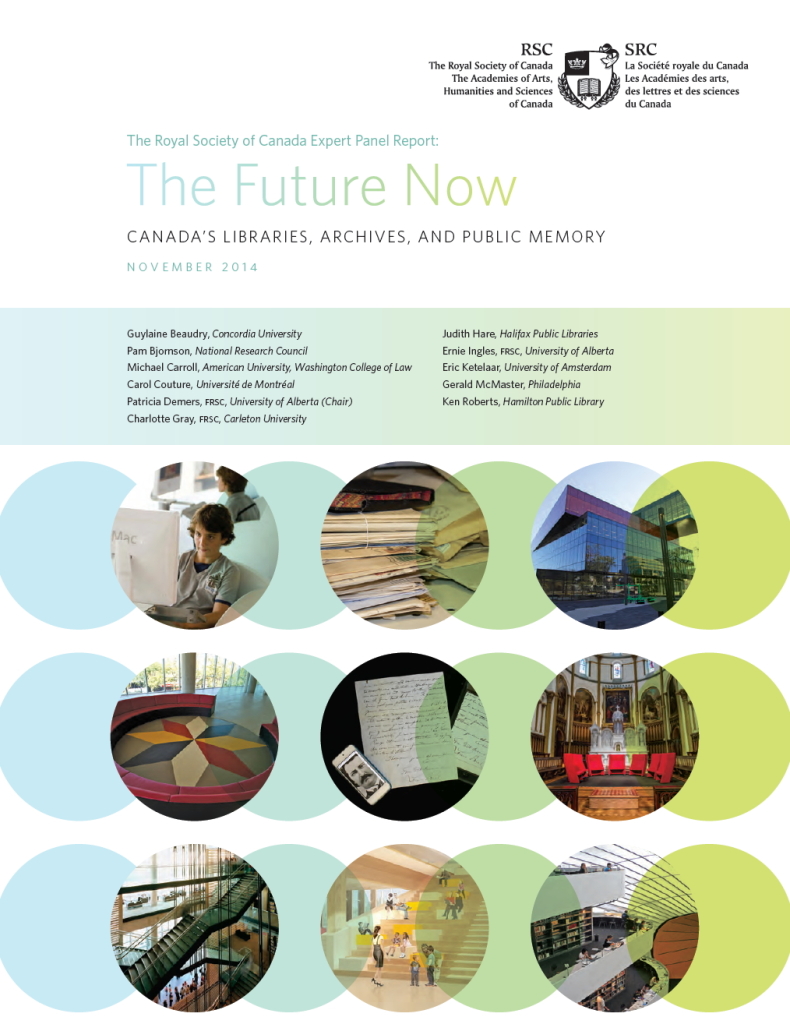 The Royal Society of Canada released its much-anticipated Expert Panel Report on libraries today. The Future Now: Canada’s Libraries, Archives, and Public Memory is extraordinarily comprehensive. With a mandate to explore what Canadians currently receive from libraries and archives and what they expect for the 21st century, the expert panel makes comprehensive recommendations for everything from preserving Canada’s documentary heritage to the role of associations, and examines aspects of every library and archival sector.
The Royal Society of Canada released its much-anticipated Expert Panel Report on libraries today. The Future Now: Canada’s Libraries, Archives, and Public Memory is extraordinarily comprehensive. With a mandate to explore what Canadians currently receive from libraries and archives and what they expect for the 21st century, the expert panel makes comprehensive recommendations for everything from preserving Canada’s documentary heritage to the role of associations, and examines aspects of every library and archival sector.
The expert panel held public consultations in centres across the country, and received online submissions. I was very fortunate to be a part of the Ontario Library Association‘s delegation to the expert panel. The OLA continued its stellar support for school libraries in its submission.
I am tremendously gratified that the expert panel chose to address issues about school libraries in its report. This was by no means a forgone conclusion. The panel did not include anyone with expertise in school libraries. They clearly heard concern, and called on Dr. Ken Haycock‘s considerable expertise in this area.
The report cited the research demonstrating the positive influence of school library programs on enhanced literacy, higher test scores, greater success at the post-secondary level and advanced citizenship. It referred to the disturbing reality of widespread inconsistency in school libraries and library programs.
“…we encountered dedicated teacher-librarians and librarians labouring under difficult circumstances, coping as well as possible and promoting the need for the competencies and life-skills that they know it is their responsibility to instill. The passion of these individuals is as admirable as the need to support them is persuasive.”
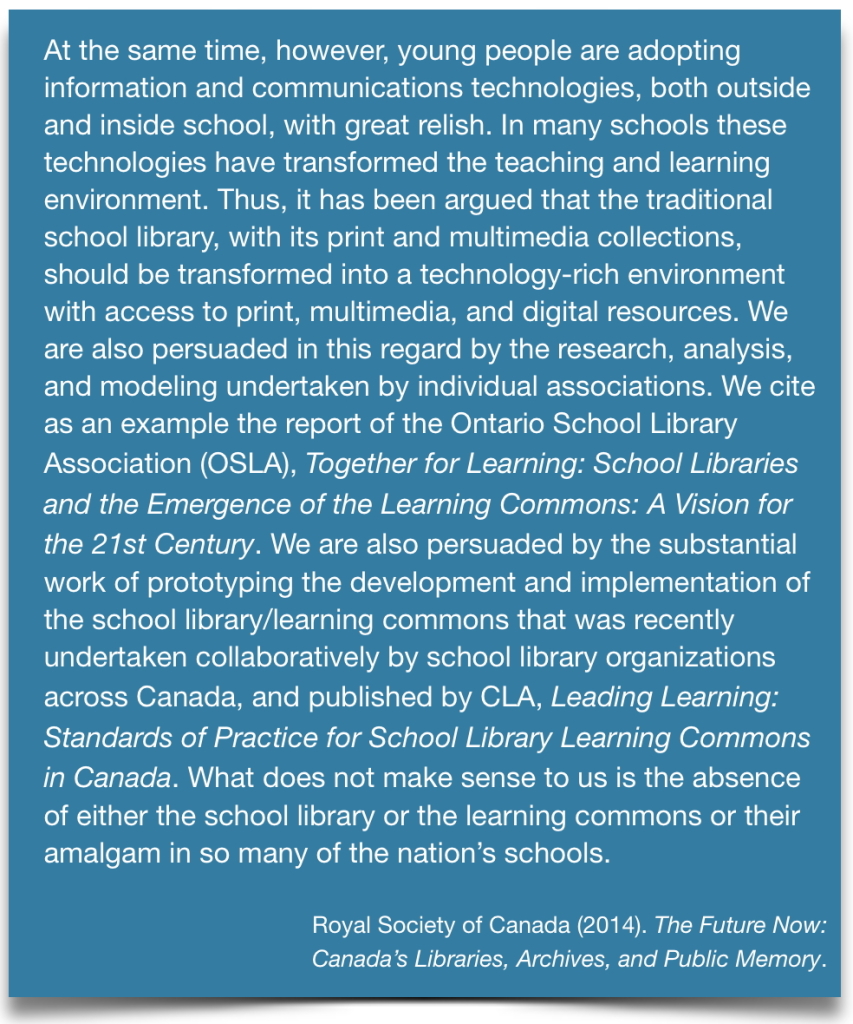 The report cites Quebec’s re-investment in school libraries, part of the Action Plan for Reading at School, as a promising sign. The report also explores the potential of the school-house public library model – school and public library partnerships – to serve the needs of small rural and remote communities.
The report cites Quebec’s re-investment in school libraries, part of the Action Plan for Reading at School, as a promising sign. The report also explores the potential of the school-house public library model – school and public library partnerships – to serve the needs of small rural and remote communities.
Most impressively, the expert panel calls for the Council of Ministers of Education Canada (CMEC) to frame a national policy consensus on the most appropriate model for school library / learning commons. The panel calls on ministries of education to work with school boards on sustainable funding for developing school library / learning commons programs, and recommends that faculties of education and library and information studies be funded to increase the number of students with proper competencies to manage the new school library / learning commons.
The executive summary of the expert panel report refers to both concern about the multitude and complexity of the issues surrounding Canada’s libraries and archives, but also the sense of excitement as library and archival communities engage in re-imagining and re-inventing themselves to meet these challenges.
“Our remit is inherently double-edged. The air of crisis acknowledged repeatedly by researchers concerned about vanishing and undervalued national, cultural resources coincides with a time of re-imagining and re-locating libraries and archive institutions as centres of community, human experience, and possibility. Conveying and responding to this duality fuel the urgency and spirit of our work: we heard both despair and excitement.” (p. 10)
Certainly it is to be hoped that this report will put some pressure on education systems in Canada to leverage their investment in school libraries to realize their own aspirations for student learning, and realize the great potential of the school library learning commons.





